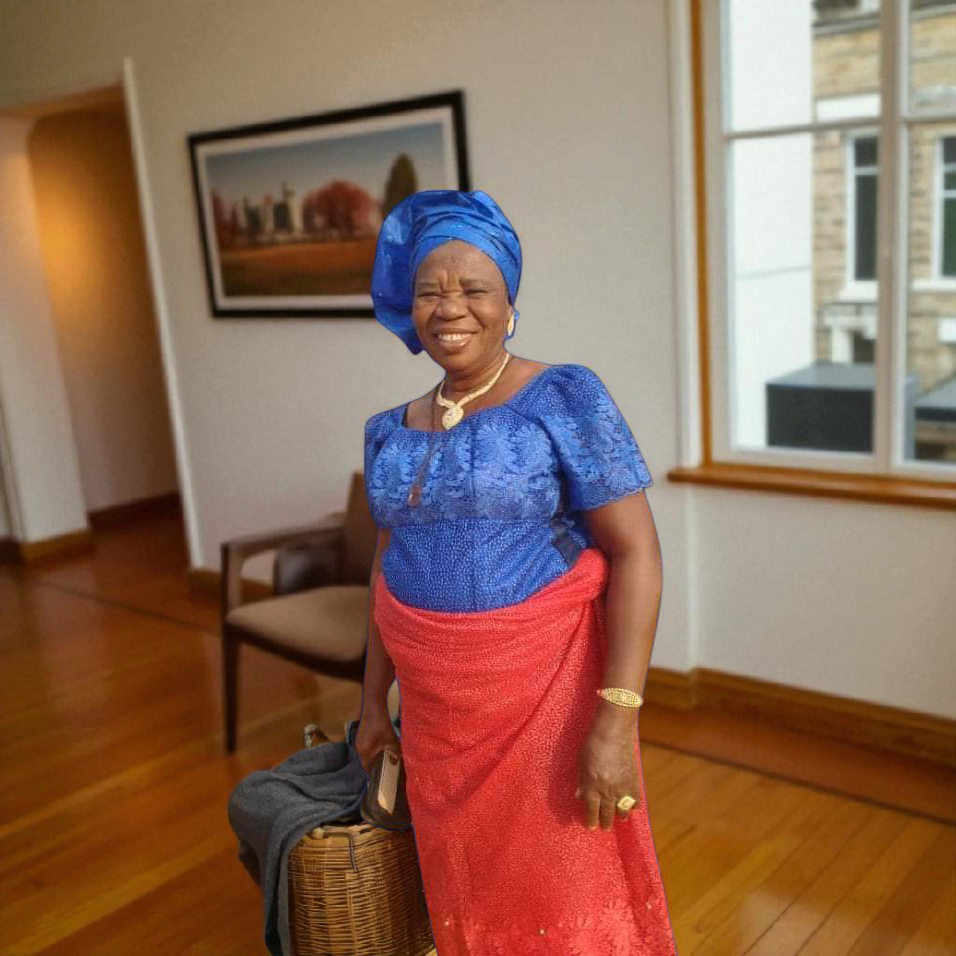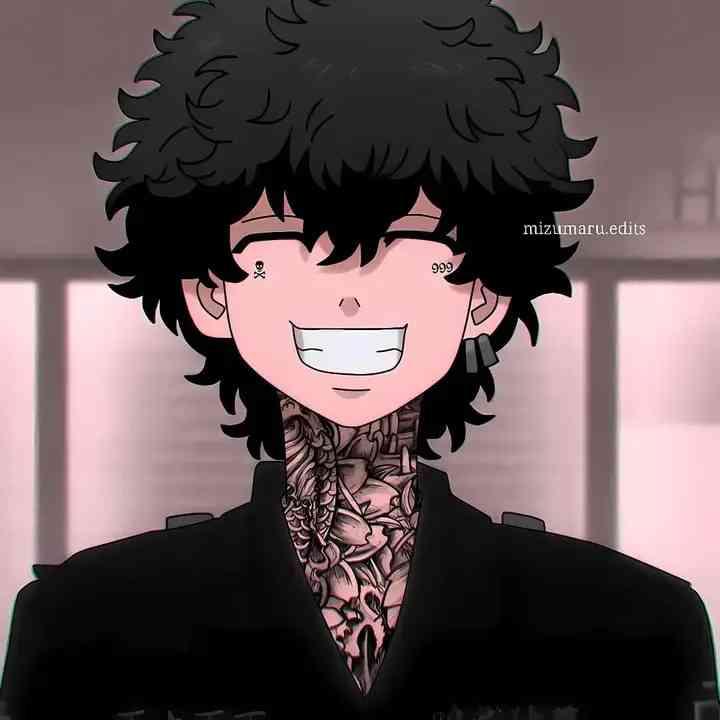Sponsored Advertisements
Lagos Bus Driver, Conductor and A Solider
Literature
1 day ago
Comments (0)
- Be the first to comment!
Leave a Reply
New Discussions
-
BREAKING NEWS

Michael
8 mins ago00 -
WRITING AND SELLING CHILDREN'S BOOKS AS ASIDE HUSTLER

Michael
49 mins ago00 -
Demon slayer

Davidek321
1 hr ago00 -
“The Leader You Become Depends on the Habits You Build.” 🧵

Angel
1 hr ago00 -
“Leadership Is About People, Not Power.” 🧵

Angel
1 hr ago00













Hollyg
1 day ago